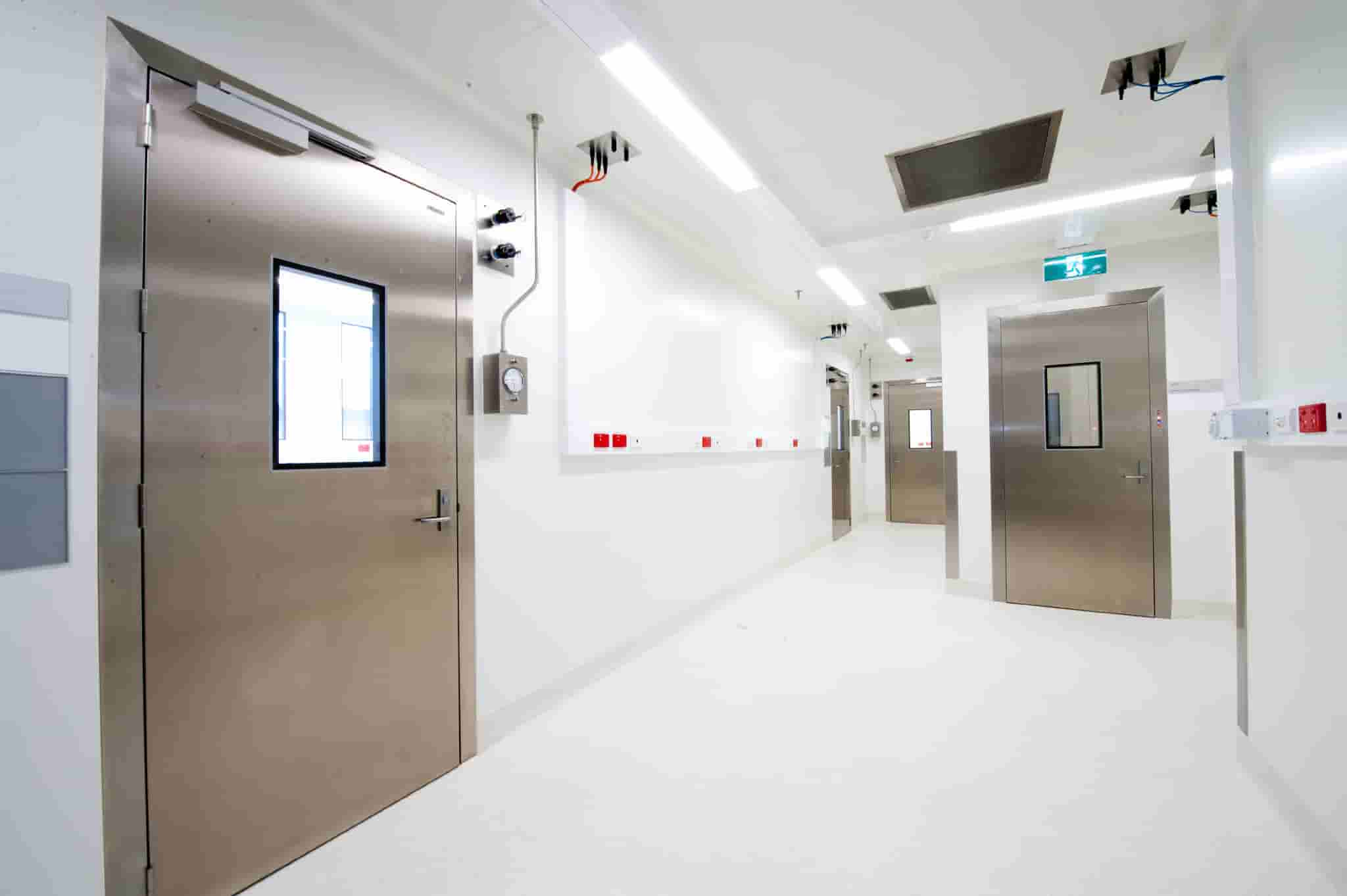
U.S. health officials opposed a diplomatic letter requesting international scientists tour Wuhan’s coronavirus labs in the spring of 2020, according to emails obtained through the Freedom of Information Act.
On May 15, 2020, the Department of State requested the Department of Health and Human Services cosign a letter “requesting that the PRC authorize and facilitate a visit of international scientists and public health experts to Wuhan,” the emails show.
The purpose: “To exchange information with counterparts who have conducted research on coronaviruses (including the origin and characteristics of SARS-CoV-2), examine all relevant data, and visit laboratory facilities where such research has been conducted, including the Wuhan Institute of Virology and Wuhan Center for Disease Control and Prevention labs,” the request reads.
Secretary of State Michael Pompeo addressed the letter to Han Zheng, vice premier of the People’s Republic of China, and Yang Jiechi, the director of the Office of Foreign Affairs of the Communist Party of China. The letter’s contents are fully redacted, but are described in the request from the State Department to HHS.
HHS Secretary Alex Azar declined to cosign the letter and even recommended that the State Department reconsider sending it.
“After careful consideration, HHS respectfully declines to join the letter,” reads the reply.
The HHS media office did not respond to a request for comment.
Eight agencies and offices within HHS authorized the negative reply, including the National Institutes of Health — which funded high risk virology in Wuhan — as well as two senior aides to Azar, according to interagency communications. The communications indicate that the “authoring agency” was the HHS Office of Global Affairs.
The new emails further illustrate how fledgling efforts to gain a window into the coronavirus virology at the pandemic’s center have been obstructed from within the U.S. government.
Health officials and the U.S. intelligence community opposed publishing information related to the Wuhan lab in early 2021 in part because it “called out actions that we ourselves are doing” and “demanded access that we ourselves would never provide,” U.S. Right to Know previously reported.
The NIH, which is a part of HHS, supported the discovery of new coronaviruses and experiments that enhanced their transmissibility and pathogenicity in the lab in Wuhan, according to federal records and grant reports.
Francis Collins, then the director of the NIH, and Anthony Fauci, director of its infectious diseases institute, helped conceive a 2020 scientific article that suppressed speculation about the possibility of a research related origin of the novel virus, according to other emails revealed through FOIA.
HHS outlined four reasons they opposed the diplomatic letter.
“We have sent our own letter to Mr. Azar’s counterpart at the National Health Commission, Minister Ma Xiaowei, regarding sample sharing,” the reply read. “We would like to ensure that line of inquiry remains open, and as such do not wish to confuse issues by joining this letter.”
Chinese authorities ordered labs to destroy early viral samples, other State Department records state. Officials in Beijing even overruled a data sharing agreement between a Texas lab and the Wuhan Institute of Virology preventing early access to viral samples, other emails demonstrate.
The HHS response continues: “We recently ended funding to the institute that this letter is requesting access to. … A request for a visit could be construed as opening the possibility for that funding to again be available, something we do not wish to be suggested.”
The NIH had temporarily suspended a grant to EcoHealth Alliance, the infectious diseases group that served as an intermediary between NIH and the Wuhan Institute of Virology.
“HHS recommends that the State Department reconsider sending the letter as it could be used to curtail access to Chinese vaccine and therapeutic development — something that we also do not wish to do as it could impede other Presidential health initiatives, such as Operation Warp Speed,” the response also states.
The U.S. and China would ultimately undertake separate tracks in vaccine development.
Two top Food and Drug Administration officials — director of FDA’s Center for Biologics Evaluation and Research Peter Marks, who coined the term “Operation Warp Speed,” and longtime FDA official Janet Woodcock, who led COVID-19 therapeutic development — were not involved in drafting the reply, the emails suggest.
The HHS response concludes that the desire for an inspection of the Wuhan labs by international scientists had already been “overtaken” by a resolution at the World Health Assembly in May 2020.
“Finally, the letter is now overtaken by the resolution agreed to at the 73rd World Health Assembly … to undertake an investigation into the origins of COVID-19,” the reply reads.
In fact, the World Health Assembly resolution called for an investigation to “identify the zoonotic source of the virus.” In other words, the resolution implicitly omitted a possible laboratory source.
Chinese authorities had final approval of the experts tapped to participate in the investigation. They included EcoHealth Alliance President Peter Daszak. The investigation concluded that a lab origin was “extremely unlikely,” a conclusion immediately rejected by World Health Organization Director-General Tedros Adhanom Ghebreyesus.
Emails used in this story can be reviewed here. All of the documents obtained in the course of our investigation can be reviewed here.









